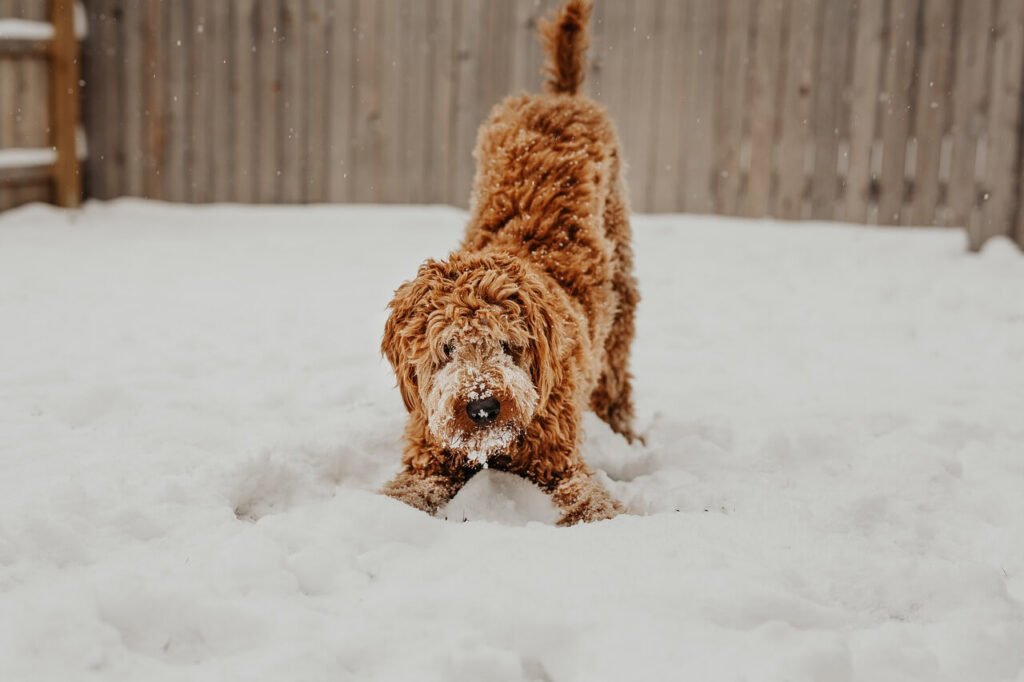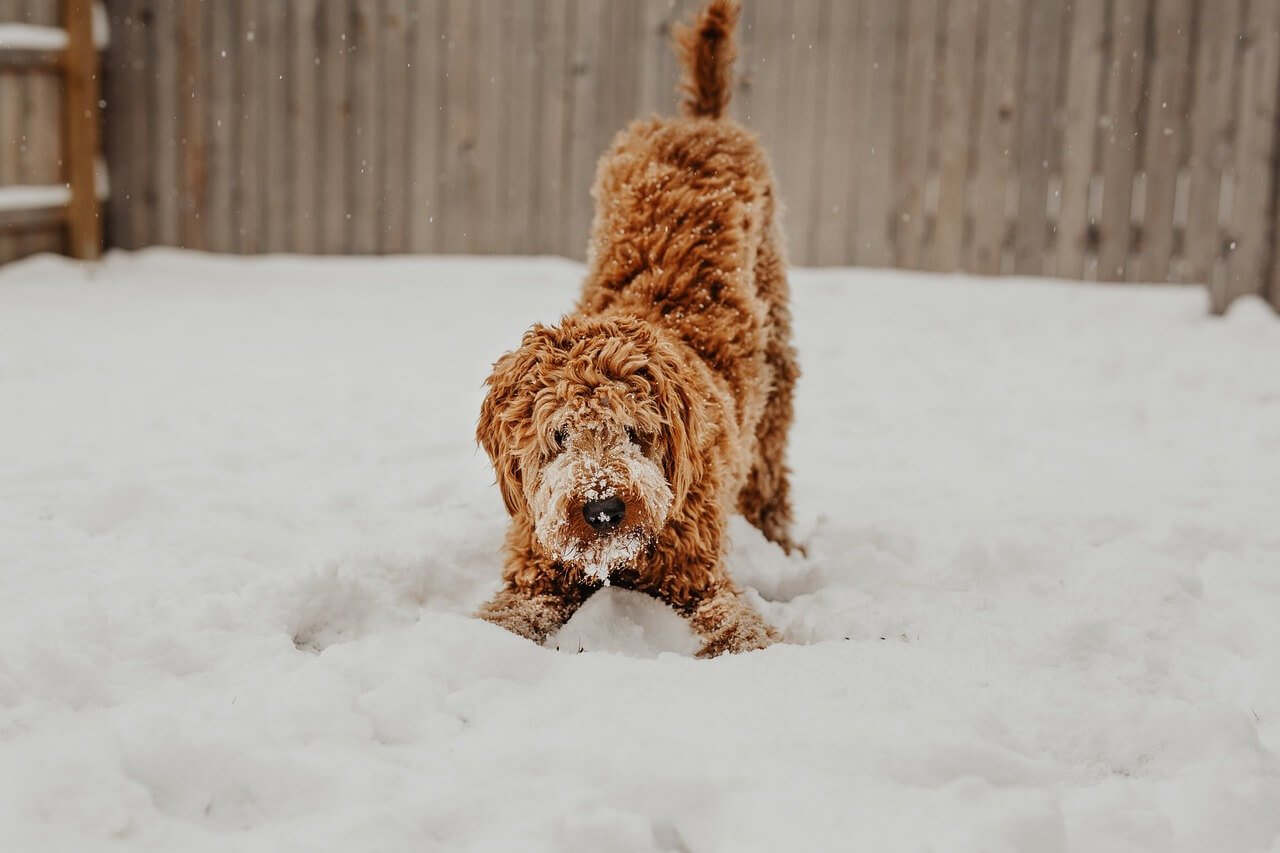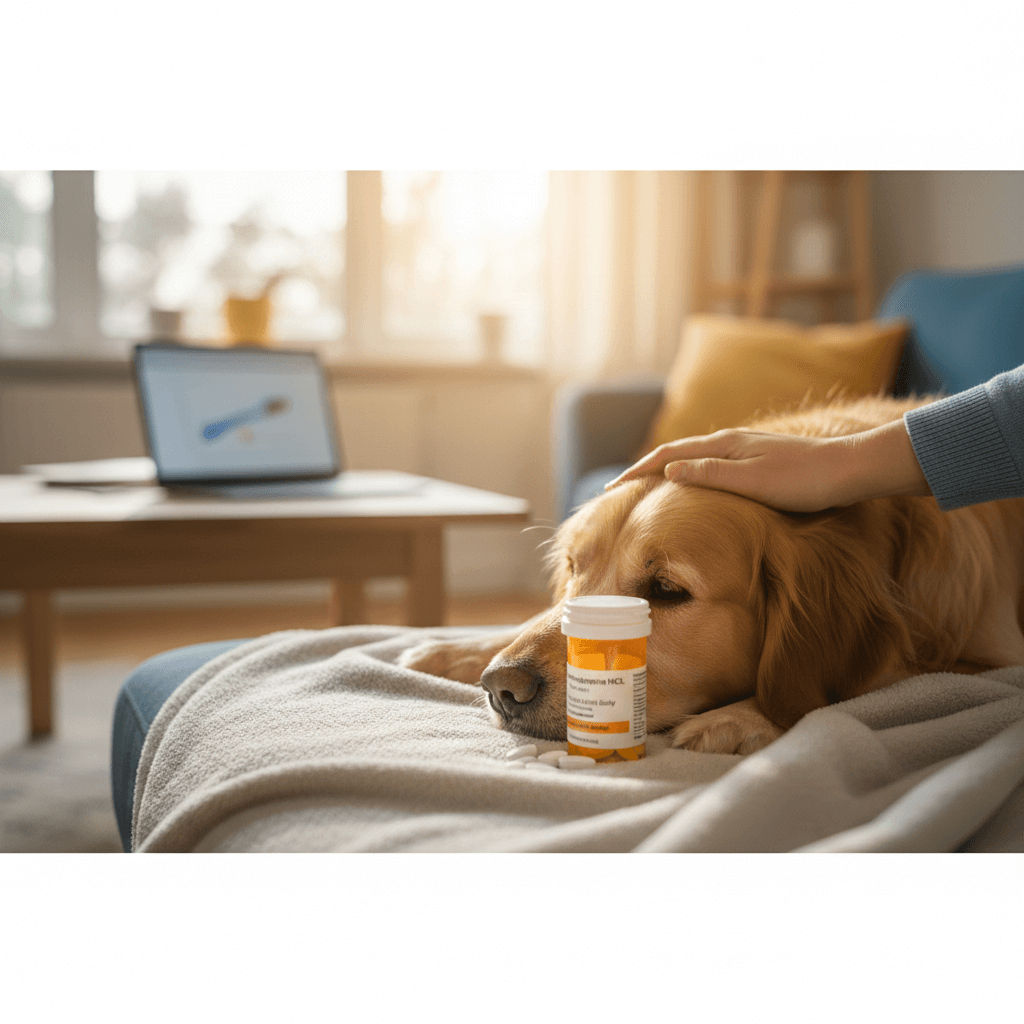Why Is My Dogs Poop Black? Understanding the Causes and Solutions
As a dog owner, you know that paying attention to your furry friend’s health is crucial. One of the often-overlooked signs of potential health issues is the color of their poop. If you’ve noticed that your dog’s poop is black, it might be time to pause and investigate further. While it’s not always a cause for panic, black stool can sometimes indicate underlying health concerns that require attention. In this blog post, we’ll explore why your dog’s poop might turn black, what it could mean for their health, and how you can address the issue effectively.
What Does Black Poop Indicate? Key Insights
Black poop in dogs can arise from a variety of causes, ranging from harmless dietary changes to more serious health conditions. To better understand what might be happening, let’s break down some of the most common reasons behind this unusual symptom:
Dietary Changes :
Certain foods, especially those high in iron or dark pigments, can alter the color of your dog’s stool. For example, feeding them liver or red meat in large quantities might lead to darker feces.Medications or Supplements :
If your dog is on medications like Pepto-Bismol or iron supplements, these can cause their stool to appear black. Always check with your vet before introducing new supplements.Gastrointestinal Bleeding :
Black, tarry stools can sometimes signal bleeding in the upper digestive tract. This occurs when blood is digested and passes through the intestines, giving the stool a dark appearance.Foreign Object Ingestion :
If your dog has swallowed something they shouldn’t have, it might irritate their stomach lining and result in black poop. Keep an eye out for other symptoms like vomiting or lethargy.Parasites or Infections :
Internal parasites or bacterial infections can disrupt your dog’s digestive system, potentially leading to changes in stool color.
While some of these causes are benign, others may require immediate veterinary attention. Monitoring your dog’s behavior and consulting a professional is essential to rule out serious conditions.
How to Identify the Cause of Black Poop: A Step-by-Step Guide
If you’ve noticed black poop, it’s important to gather as much information as possible before visiting the vet. Here’s a checklist to help you identify potential causes:
Review Recent Diet Changes :
Think about any new foods or treats you’ve introduced recently. Even small changes can impact your dog’s digestive system.Check for Medication Use :
Have you started your dog on any new medications or supplements? These could be contributing to the change in stool color.Observe Other Symptoms :
Look for additional signs such as vomiting, diarrhea, loss of appetite, or lethargy. These could indicate a more serious issue.Inspect Their Environment :
Ensure your dog hasn’t ingested anything unusual, like plants, toys, or household items, which might irritate their stomach.Monitor Frequency and Consistency :
Note how often your dog is pooping and whether the consistency of their stool has changed. Persistent black stool warrants a vet visit.
By following these steps, you can provide valuable information to your veterinarian, helping them diagnose the issue more accurately.
Check this guide 👉How to Get Dog Poop Out of Carpet: Best 7 Expert Tips!
Check this guide 👉Is White Dog Poop Dangerous? Best 7 Expert Tips!
Check this guide 👉Best 7 Expert Tips Why Your Dog is Pooping Blood!

Possible Causes of Black Poop | Steps to Address the Issue |
|---|---|
Dietary changes | Gradually reintroduce their regular diet |
Medications or supplements | Consult your vet about dosage adjustments |
Gastrointestinal bleeding | Schedule an immediate vet appointment |
Foreign object ingestion | Check for signs of discomfort or distress |
Parasites or infections | Administer deworming treatment if advised |
Preventive Measures to Avoid Black Poop Issues
Prevention is always better than cure, especially when it comes to your dog’s health. Here are some proactive steps you can take to minimize the risk of black poop:
Maintain a Balanced Diet :
Feed your dog high-quality food that meets their nutritional needs. Avoid sudden dietary changes without consulting your vet.Limit Access to Harmful Substances :
Keep toxic plants, chemicals, and small objects out of reach to prevent accidental ingestion.Regular Vet Check-Ups :
Schedule routine visits to ensure your dog’s overall health and catch any issues early.Monitor Medication Use :
Only give medications or supplements prescribed by your veterinarian, and follow dosage instructions carefully.Stay Alert to Behavioral Changes :
Pay attention to changes in appetite, energy levels, or bathroom habits, as these can signal underlying problems.
By taking these preventive measures, you can help keep your dog healthy and reduce the likelihood of encountering black poop issues.
When to Seek Veterinary Help: Signs That Warrant Immediate Attention
While occasional black poop might not be alarming, certain symptoms should prompt you to seek veterinary care right away. Here’s what to watch for:
Persistent Black Stool :
If the discoloration continues for more than a day or two, it’s time to consult a professional.Vomiting or Diarrhea :
These symptoms paired with black poop could indicate a gastrointestinal issue that requires treatment.Lethargy or Weakness :
A lack of energy or unusual fatigue might suggest internal bleeding or another serious condition.Loss of Appetite :
Refusal to eat or drink can be a sign of discomfort or illness and should not be ignored.Abdominal Pain :
If your dog seems uncomfortable or reacts negatively when you touch their belly, this could point to a digestive problem.
Prompt veterinary intervention can make all the difference in ensuring your dog receives timely and effective treatment.
Common Foods That Can Cause Black Poop
Certain foods can have a surprising impact on the color of your dog’s stool. While some are harmless, others might indicate that your dog’s digestive system is struggling to process them. Here’s a list of common foods that could lead to black poop:
Red Meat and Organ Meats :
High-protein diets rich in red meat or organ meats like liver can darken your dog’s stool due to their iron content.Blueberries and Other Dark Fruits :
These antioxidant-rich fruits may leave a dark residue in your dog’s digestive tract, resulting in darker feces.Spinach and Kale :
Leafy greens contain compounds that can alter stool color if consumed in large amounts.Artificial Food Coloring :
Dog treats or human snacks with artificial dyes might contribute to unusual stool colors, including black.Charcoal-Based Products :
Some supplements or dog foods containing activated charcoal can temporarily turn stool black.
If you’ve recently introduced any of these foods into your dog’s diet, consider scaling back or removing them to see if the stool returns to its normal color.
Signs That Black Poop Is Linked to Digestive Issues
When black poop is accompanied by other symptoms, it could point to a more serious underlying digestive issue. Recognizing these signs early can help you seek timely veterinary care. Here are some warning signs to watch for:
Frequent Vomiting :
If your dog is vomiting alongside producing black stool, it could indicate irritation or bleeding in the stomach.Abdominal Swelling :
A bloated or tender abdomen might suggest internal issues such as ulcers or gastrointestinal blockages.Excessive Drooling :
Unusual drooling can be a sign of nausea or discomfort, often linked to digestive distress.Pale Gums :
Pale or white gums may signal anemia, which can occur if there’s internal bleeding causing black stool.Unexplained Weight Loss :
Sudden weight loss combined with black poop could indicate chronic digestive problems or malabsorption.
If you notice any of these symptoms alongside black stool, it’s crucial to consult your veterinarian promptly to rule out severe conditions.
Home Remedies to Support Digestive Health
While black poop often requires professional evaluation, there are some steps you can take at home to support your dog’s digestive health. These remedies should only be used if the cause is mild and not linked to serious medical conditions. Here are some options:
Hydration :
Ensure your dog has access to fresh water at all times. Dehydration can worsen digestive issues and affect stool consistency.Probiotics :
Adding probiotics to your dog’s diet can help restore gut flora balance and improve digestion.Pumpkin Puree :
Plain, canned pumpkin (not pumpkin pie filling) can aid digestion and regulate bowel movements due to its fiber content.Boiled Chicken and Rice :
A bland diet of boiled chicken and white rice can soothe an upset stomach and provide easily digestible nutrients.Avoid Table Scraps :
Refrain from feeding your dog table scraps or fatty foods, as these can irritate their digestive system.
These home remedies can complement veterinary treatment but should never replace professional advice. Always consult your vet before making significant changes to your dog’s care routine.
FAQ
Is black poop always a sign of a serious problem?
Not necessarily. It can sometimes result from harmless factors like diet or medication, but persistent black stool should be evaluated by a vet.
Can I treat black poop at home?
Minor cases caused by dietary changes may resolve on their own, but if symptoms persist or worsen, professional medical advice is recommended.
How long does it take for stool color to return to normal?
This depends on the cause. Once the underlying issue is addressed, stool color typically returns to normal within a few days.
Are certain breeds more prone to black poop?
No specific breed is predisposed, but individual health conditions and dietary habits play a significant role.
What should I do if my dog eats something unusual?
Monitor them closely for symptoms like vomiting, diarrhea, or black stool, and contact your vet if you notice any concerning signs.
Taking Action for Your Dog’s Health
Noticing black poop in your dog’s stool can be unsettling, but it doesn’t have to be a source of panic. By staying informed and observant, you can identify potential causes and take appropriate action. Whether it’s adjusting their diet, removing harmful substances, or seeking veterinary care, prioritizing your dog’s well-being is key. Remember, early intervention can prevent minor issues from escalating into major health concerns. With the right approach, you can ensure your furry companion stays happy, healthy, and full of life.
How Cats Develop Lymphoma: Best 7 Expert Tips! – Learn about causes, symptoms, and prevention to protect your cat from this common cancer.
How Dogs Develop Lymphoma: Best 7 Expert Tips! – Learn causes, symptoms, and prevention strategies to protect your dog from this common cancer.
Diphenhydramine Safe for Dogs? Best 7 Expert Tips! – Learn proper dosing, uses, and precautions to keep your dog safe while using Benadryl.
Is Milk in Cat Food Safe? Best 7 Expert Tips! – Discover the truth about milk in cat food, its risks, and how to keep your feline healthy and happy.





